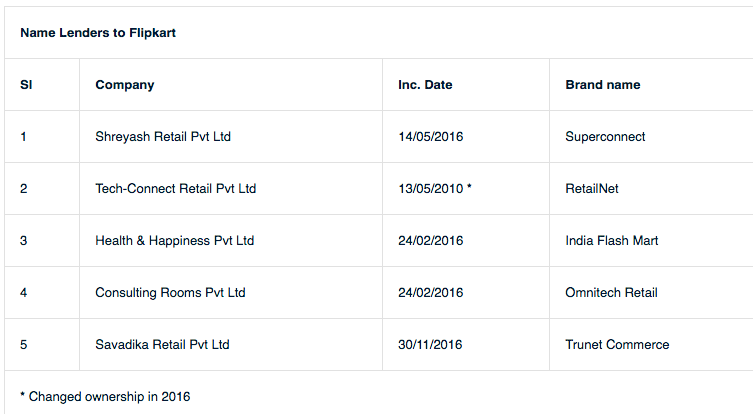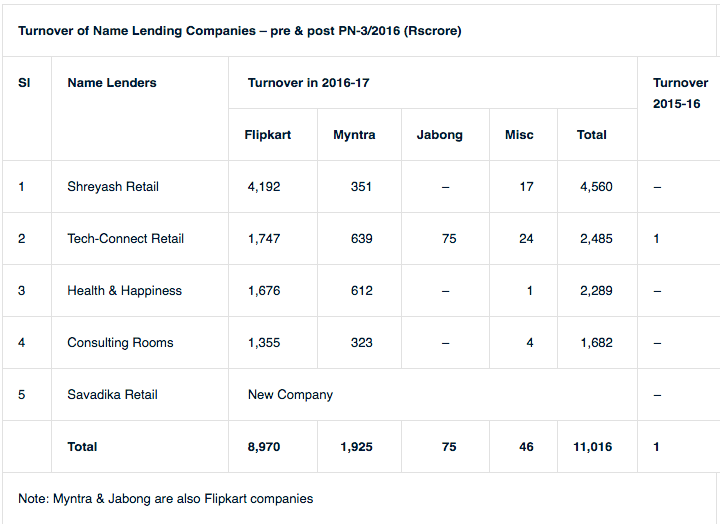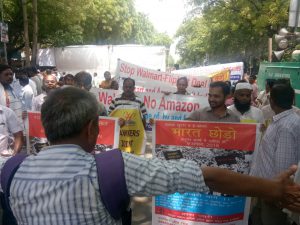Your cart is currently empty!
Blog
-
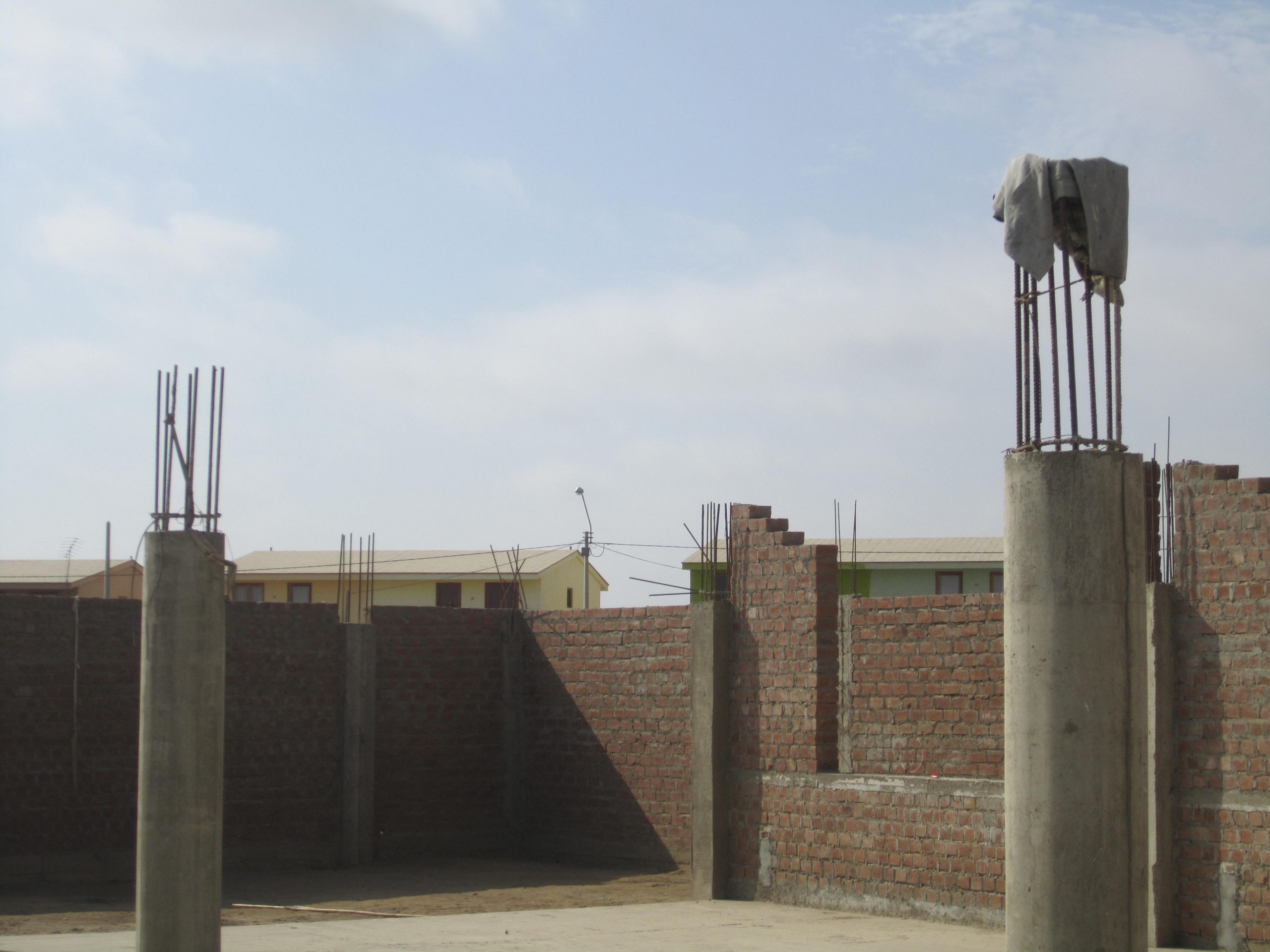
Distribution of 300 ID and Vending Certificates at Yelahanka
Vendors of 4 wards received the cards and vending certificates.

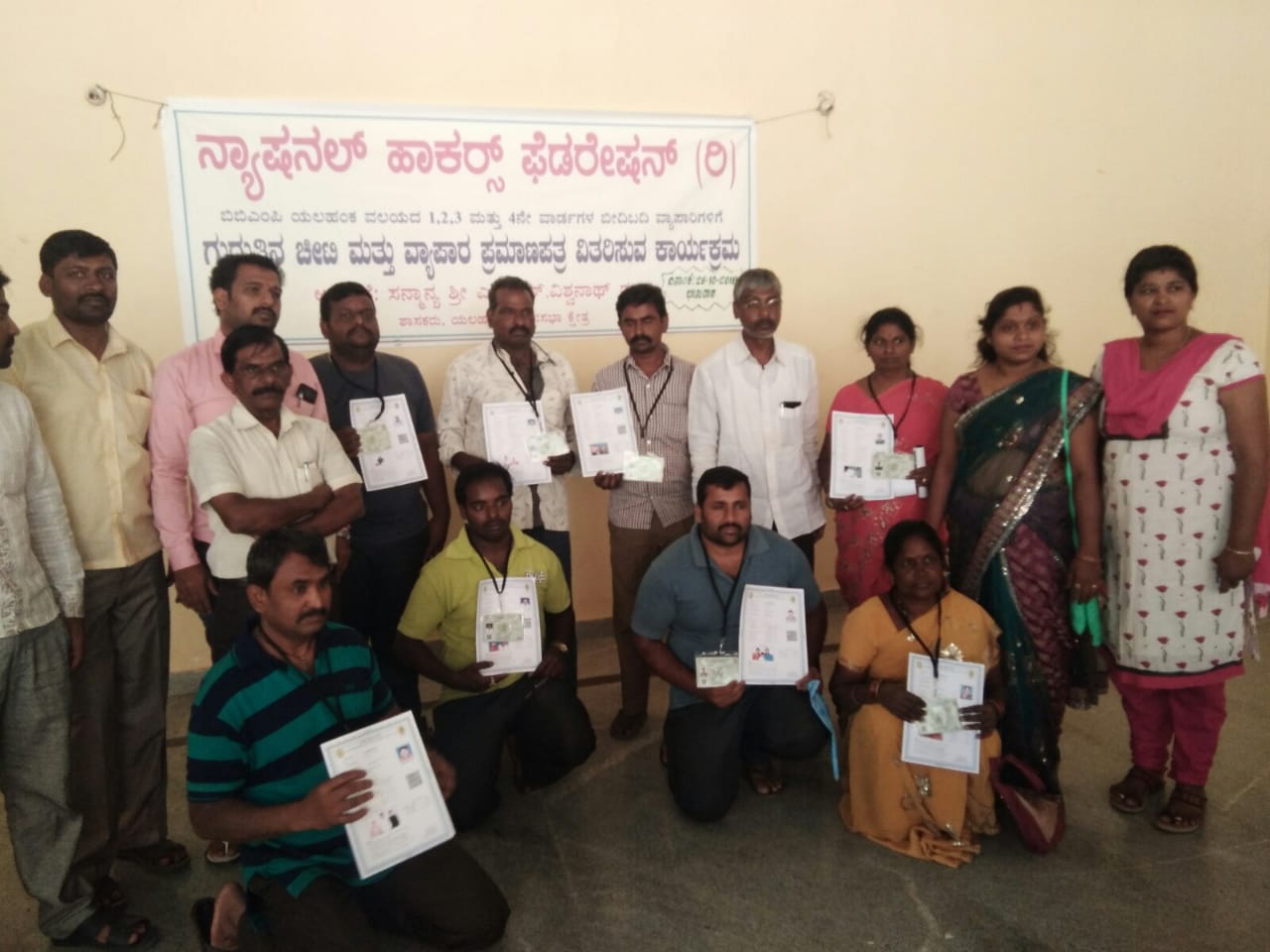
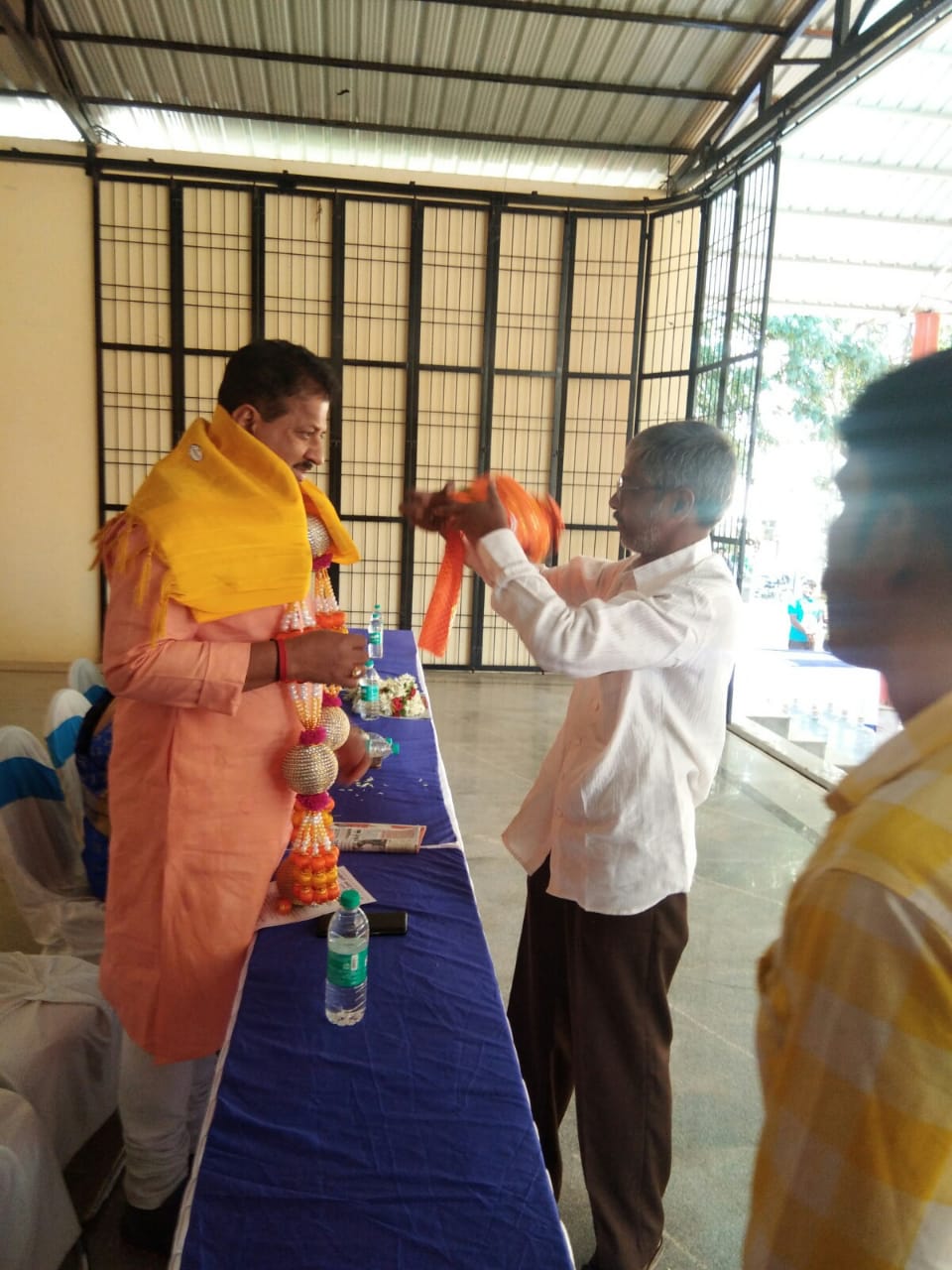

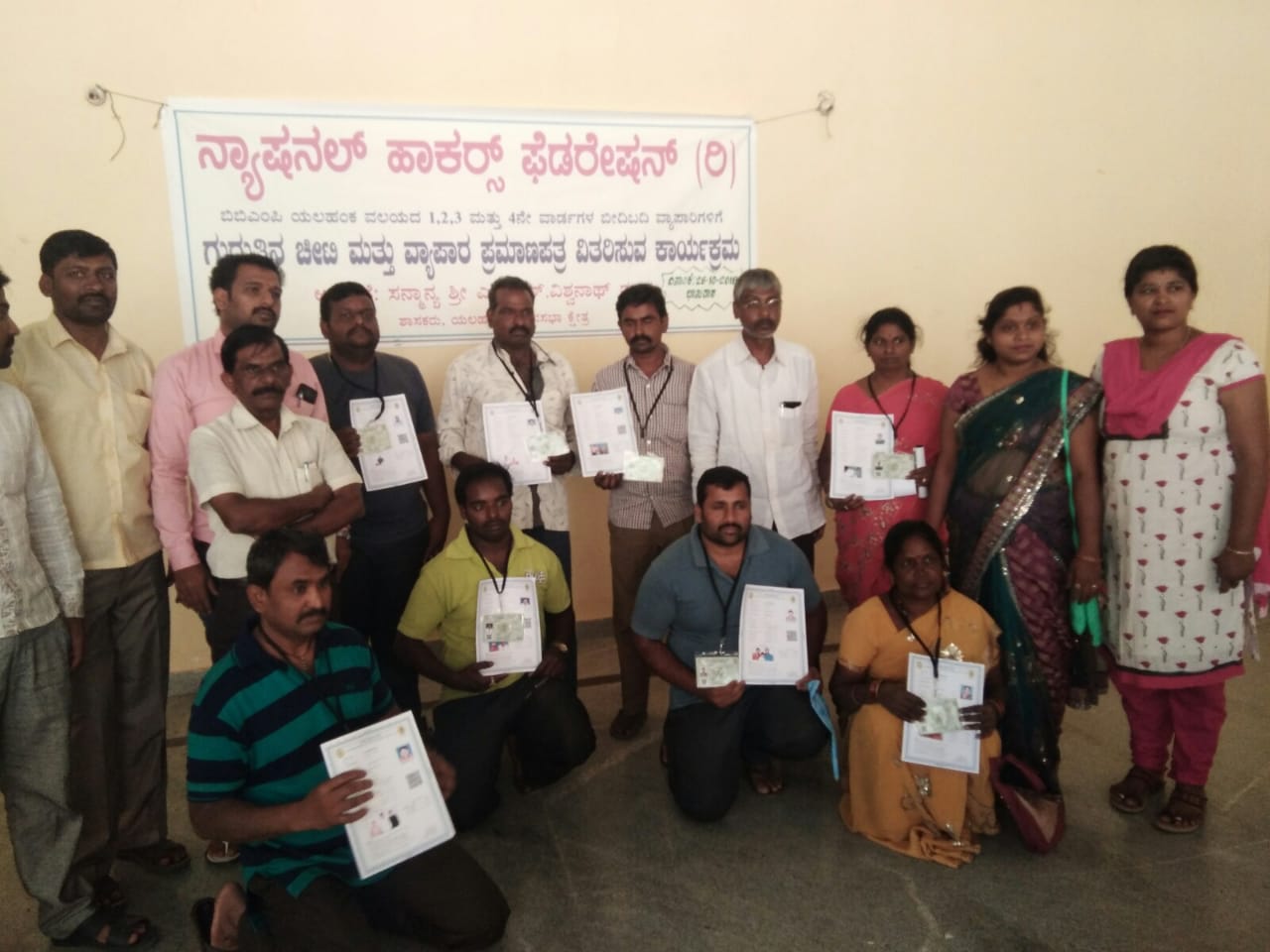
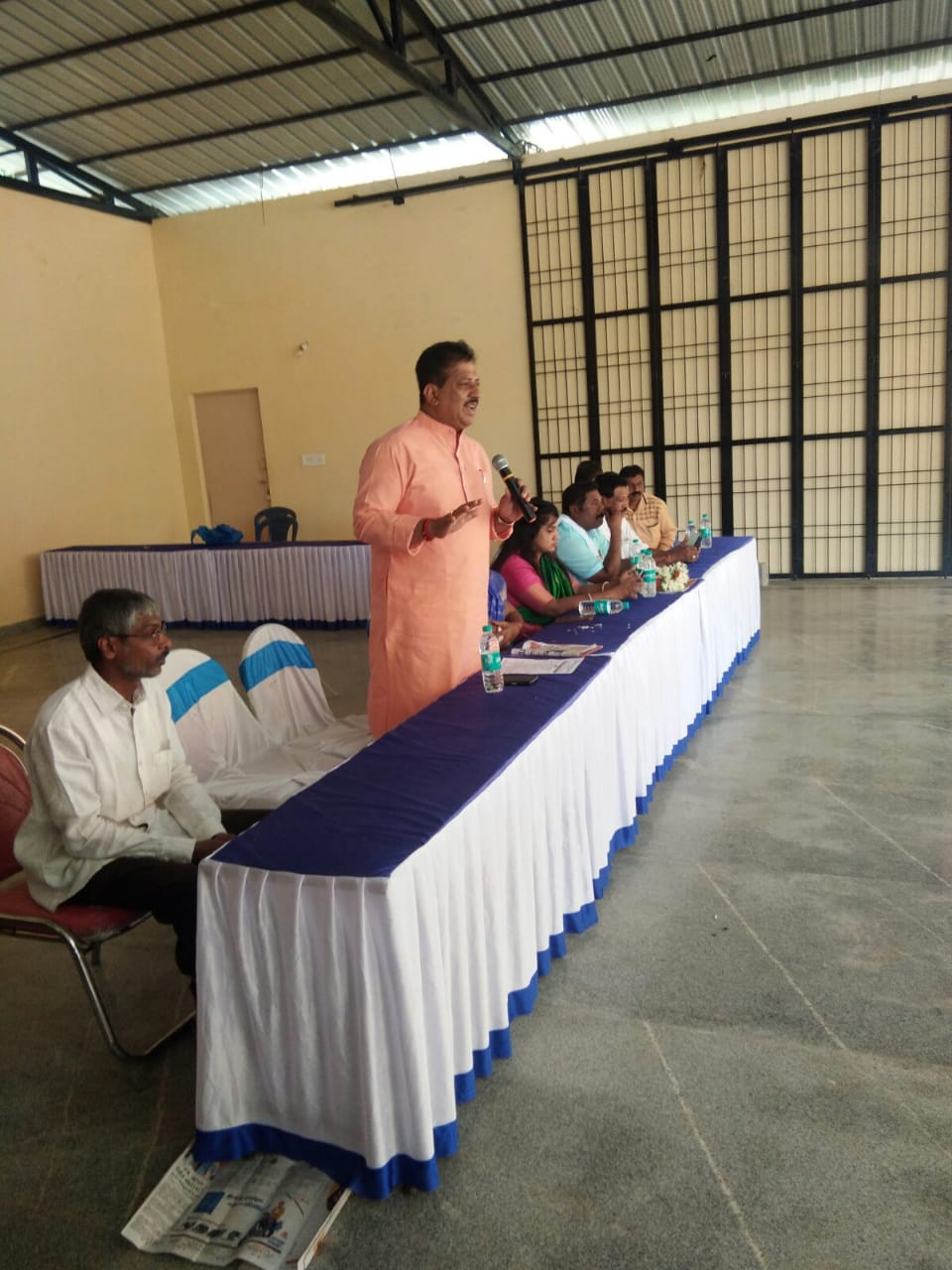

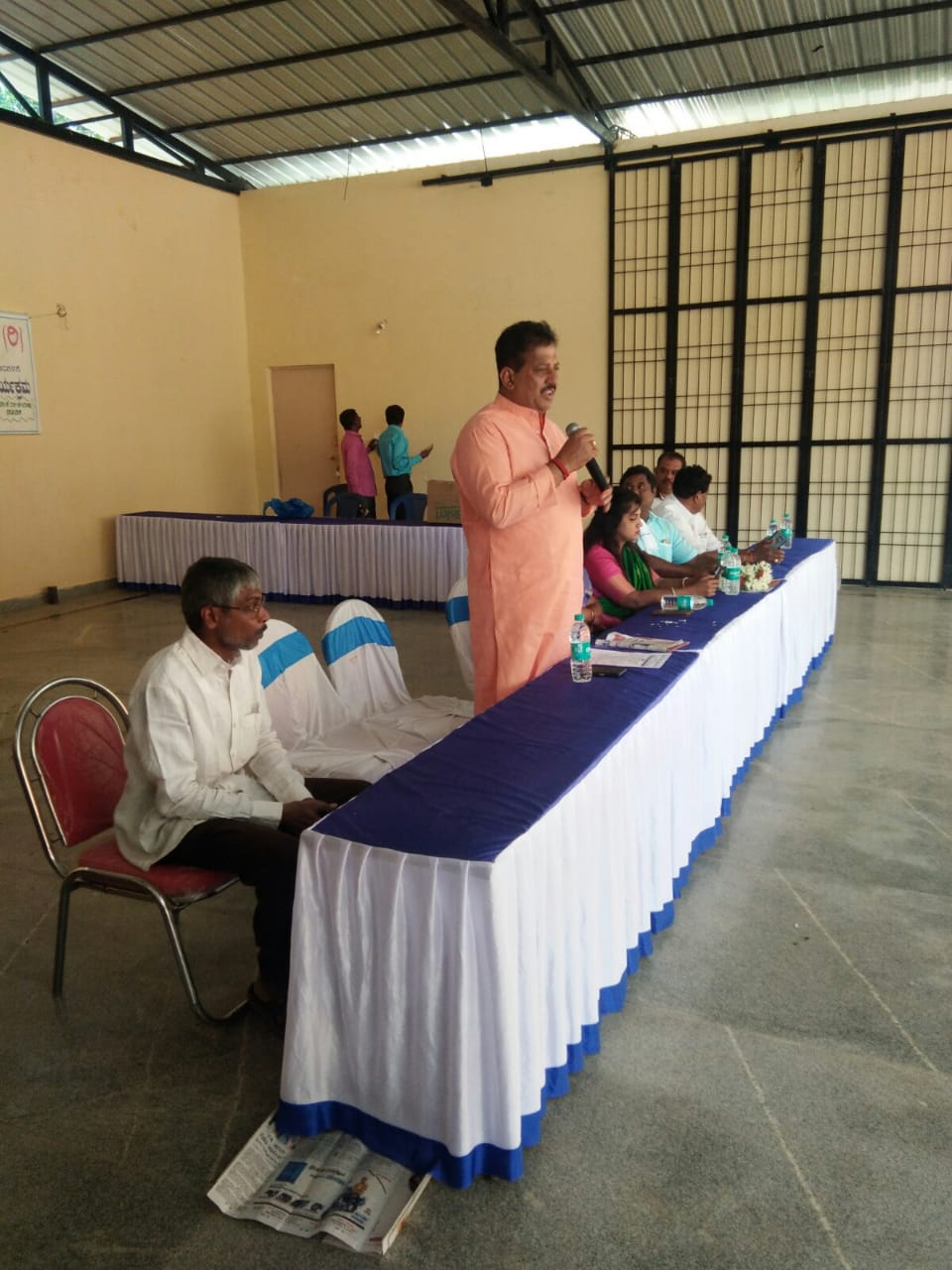
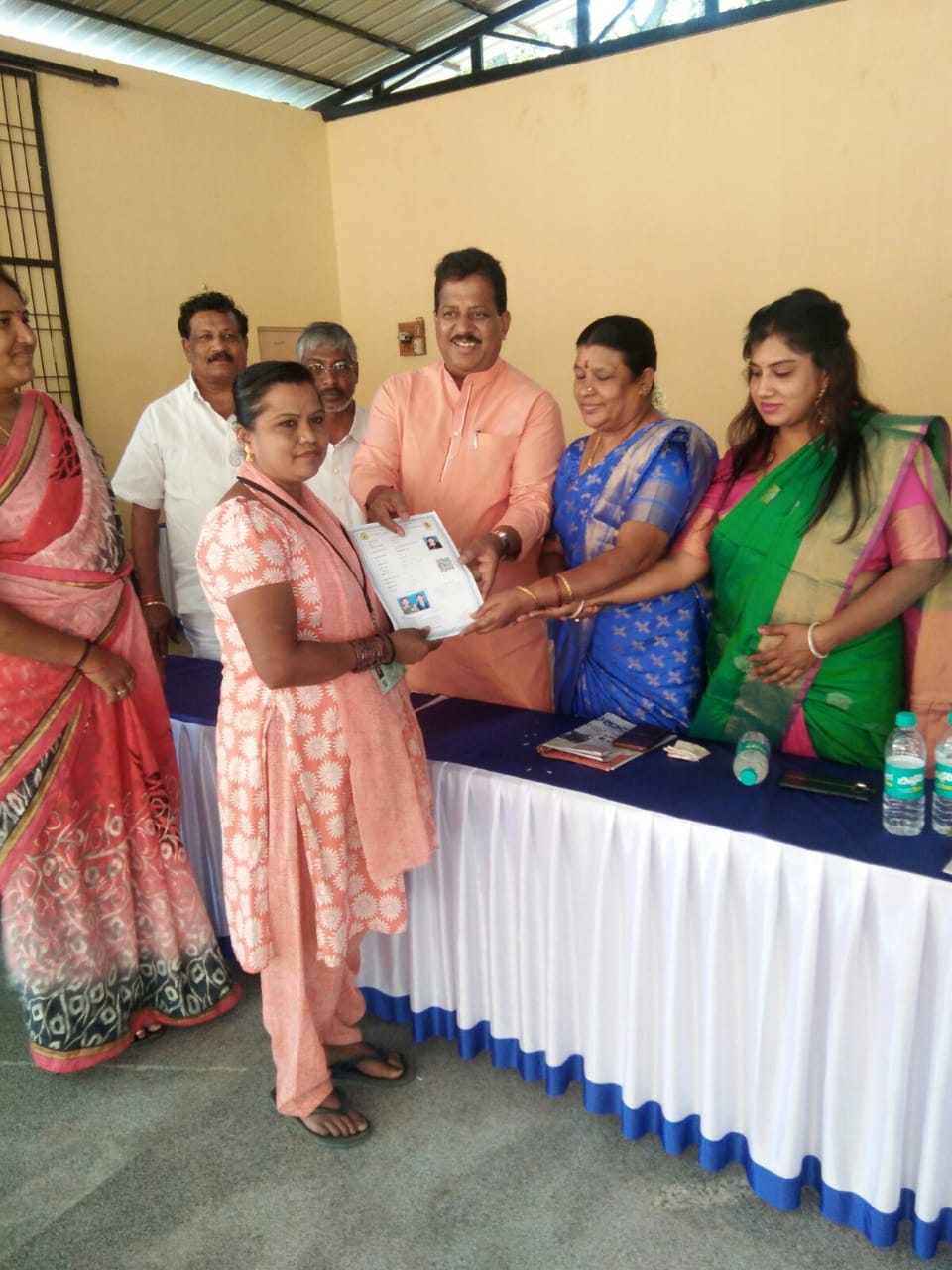
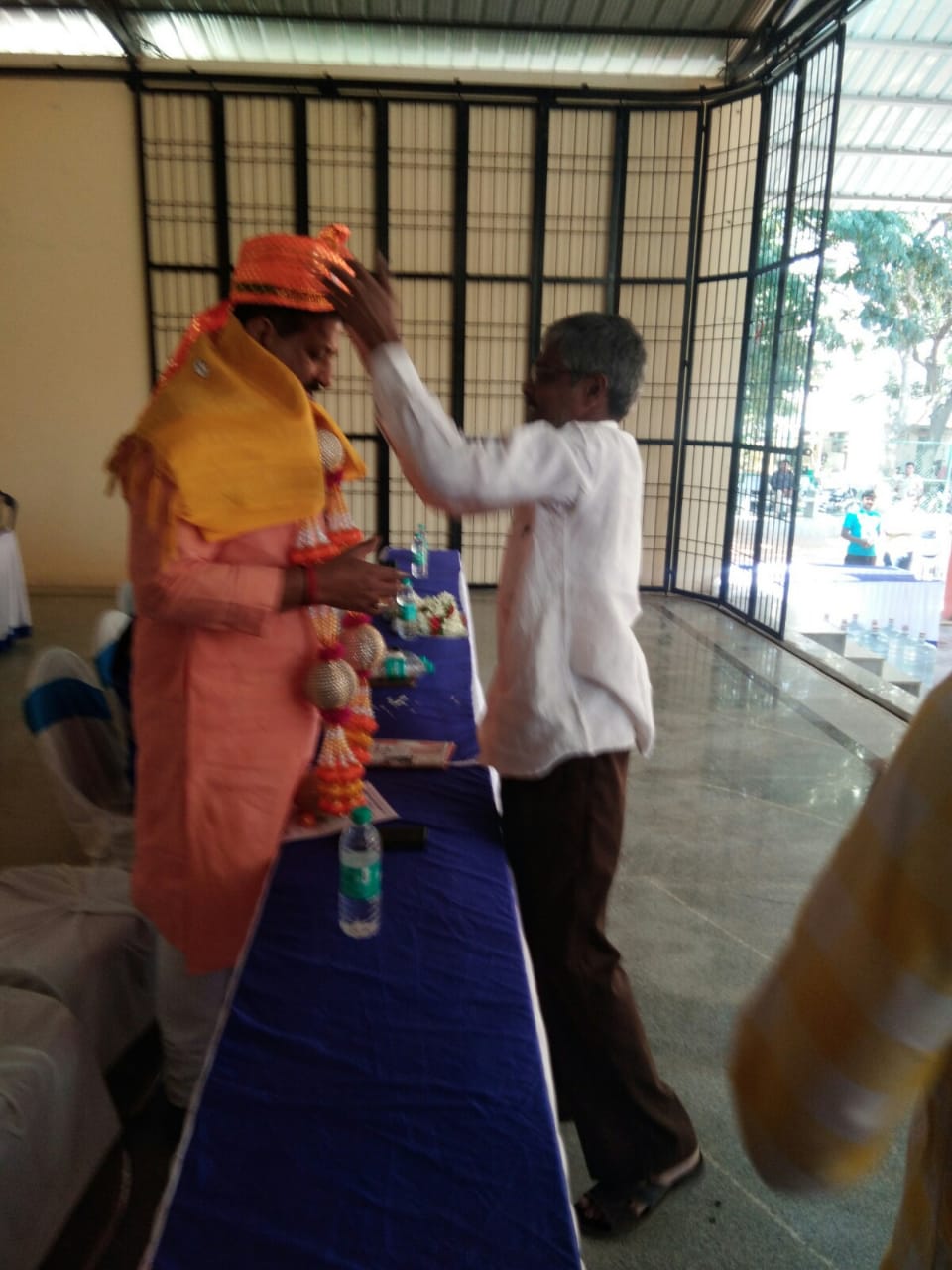
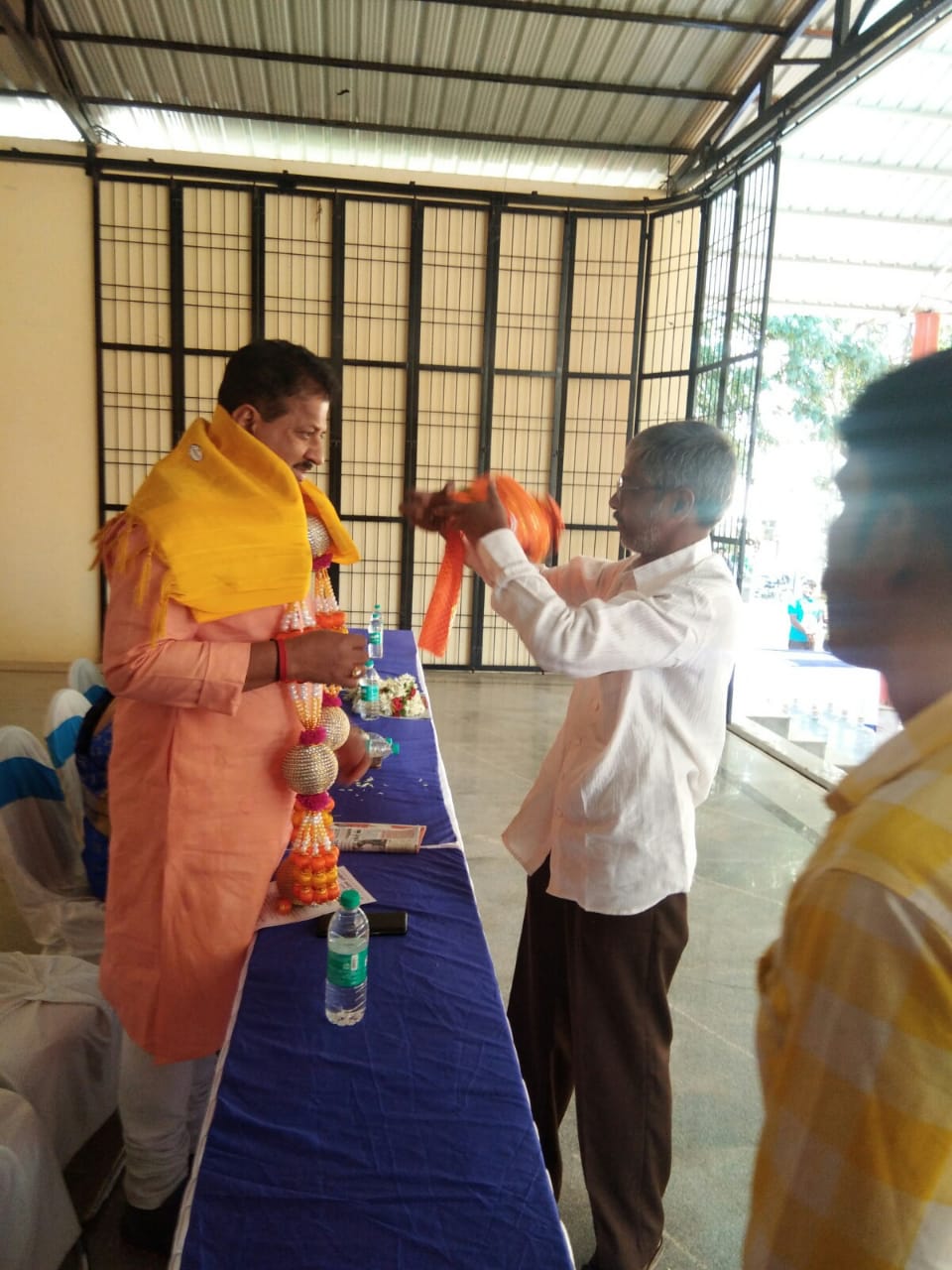
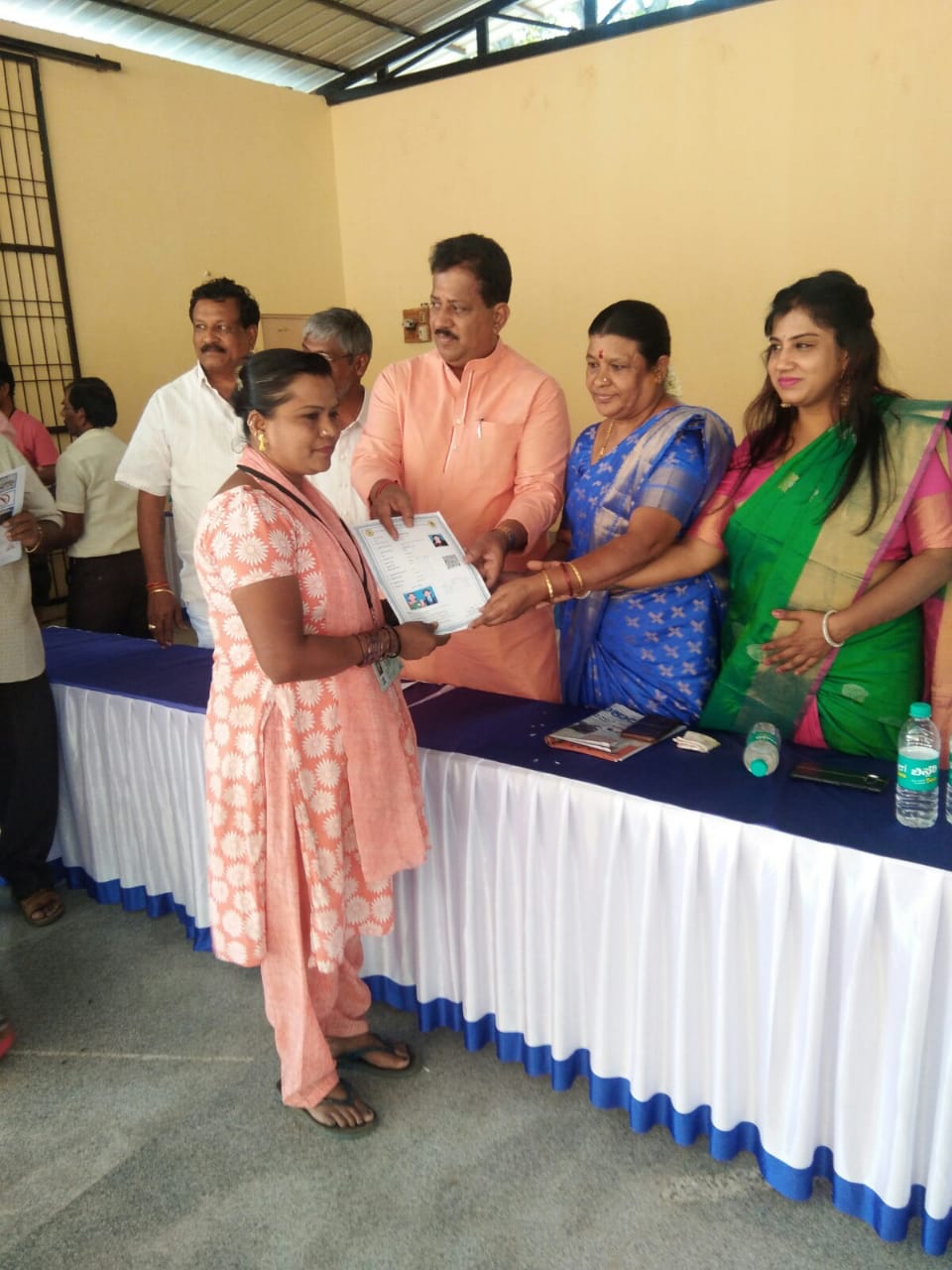
-
ACORN Around the World October 2018
ACORN International is GROWING. Organizing invitations are pouring in all around the world — from New Zealand, the Maldives, Germany — demand is high for ACORN tenants unions! New organizations have started out in Montpellier, France, and there is now work in Belfast, Northern Ireland. Trainee organizers are coming to New Orleans from Bulgaria and Albania for a month and from Belgium for almost three months for ACORN training!
The Organizer movie is showing in Thessaloniki, Greece as we try to trigger organizing interest, and in Brussels at the International Film Festival. In Brussels, organizer Adrien Roux will also deliver workshops on community organizing. An exciting joint proposal for training and support was recently submitted under the leadership of ACORN France, to bring together organizations and our allies in the UK, France, Bulgaria, Slovakia, and Tunisia.
OnEstEnsemble fight for street lights in Cameroon
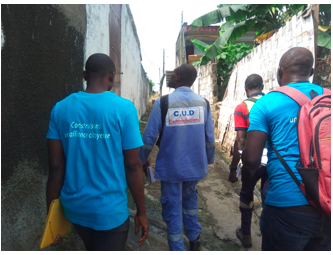
A lack of street lighting lights is causing security concerns in the Grand Moulin neighbourhood, Douala. Members targeted the Urban Community of the city (CUD), taking 250 petition signatures to the administration office. This resulted in CUD agents working with OnEstEnsemble leaders, to identify where street lights are required. Members will track this issue to make sure CUD keeps their promise, and other neighborhoods affected by the same problem will also be putting the pressure on CUD.
Organizing tenants & more in the UK
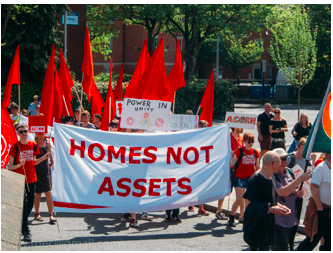
Bristol has continued its campaign for better housing provision for survivors of domestic abuse while the BS5 group launched a campaign against two local letting agents. Manchester is planning simultaneous pickets of a management company alongside Birmingham members. Sheffield’s Sharrow & Netheredge group’s first action forced a letting agent to comply with the law on fees, while Brighton has supported a demonstration in support of elderly residents trapped in a nursing home, and are organizing the student community who are in some of the most dangerous and expensive rental housing. Tenants have been coming out to Newcastle ACORN’s drop-in advice sessions.
Workers rights and Medicare organizing in Arkansas
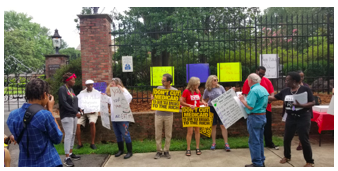
Little Rock members rallied at the Governor’s Mansion, to fight Medicare work requirements that have resulted in over 6,000 people being kicked off the program and left uninsured. Members and allies won a proposal on the ballot for the upcoming election for an $11/hr Arkansas minimum wage by 2021, and are now working to educate and mobilize voters. Shreveport members have an upcoming bargaining with one of our nursing facilities are looking into ways to get workers to contact us about issues of harassment, discrimination, and bullying in the workplace.
Victory for Muslim Women in France

After gathering 420 petition signatures, Alliance Citoyenne members have their first victory in what is set to be a long-running battle, as Muslim women will be allowed to wear long-sleeved bathing suits in Grenoble public swimming pools. France’s Muslim population is seen as a threat to French identity from the right, and a threat to French secularism and atheism from the left. For thousands of Muslim women, this means daily discrimination and no access to basic rights.
Fighting against corruption and privatization in Peru
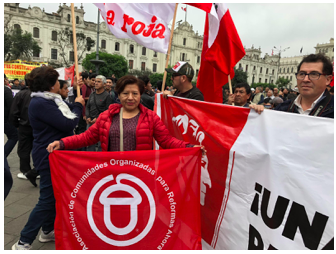
ACORN Peru has been working on the issue of rights and anti-corruption. Members are organizing for a better country, with justice and respect, and have been fighting against privatization. We have been organizing in communities in the Andes, San Juan de Lurigancho and have been supporting Ecuadorian communities.
Leadership training for Delhi Women!
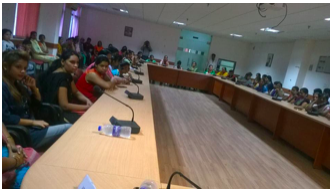
In Delhi, India women were invited out to a leadership training was organized for women which included specific a session on gender. Ms. Sarika Choudhary and Ms. Firdous, members of the Delhi Commission For Women, Govt. of NCT of Delhi participated as guest speakers. Around 80 women of all ages took part in the training!
Kenya ACORN is growing as members organize on 3 main campaigns!
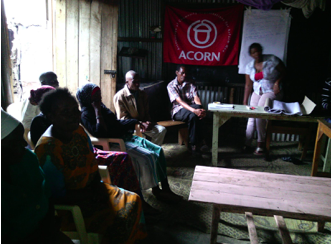
In Korogocho, one of the largest urban settlements in Nairobi-Kenya, members are organizing on issues related to education, water, and environmental sanitation. The organization has grown to over 360 members and four affiliated community-based organizations. Committee members recently attended a star-gazing meeting, and members participated in a cleanup exercise within the settlement.
Holding landlords to account in Glasgow, Scotland
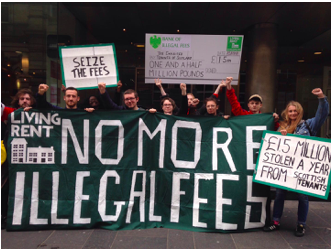
Glasgow members successfully forced the Association of Registered Letting Agents to meet our negotiation team after numerous pickets of their members, gatecrashing their conference and an investigation by our union discovered a possible £1.5m in illegal fees being charged annually. Members also helped to organize the occupation of a property owned by a landlord previously imprisoned for the death of two young men, after a fire in one of his properties.
Celebrating Local 100 members in Texas!

Ms. Lane has been a member of Local 100 for 19 years. She is not only the union steward for her center but also the bargaining committee member. You can hear her life story at acornradio.org.
Repairs for Edinburgh Tenants

Living Rent members welcomed City Councillors to the Muirhouse neighborhood, to witness the state of disrepair in the tower blocks. As a result, a full investigation has been commissioned and repairs are scheduled.
Victory for street vendors in Bengalaru
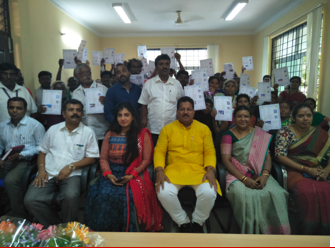
Members are relieved that the government has finally moved, and have issued license and ID cards to street vendors last week. Cards and licenses were issued at the meeting of street vendors.
Education and organizing in Honduras!
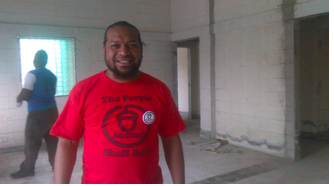
Honduras leaders have been monitoring building improvement in local communities and have been strategizing around advocacy issues. As well as door knocking, we participated in public education workshops – attended by 120 students – and community cleaning sessions.
3D printing and BIG renovations in Mumbai!
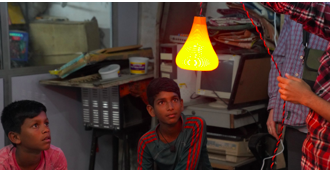
This year, the Innovation Lab has been completely renovated and is now home to exciting workshops, such as 3D printing! ACORN kids are being trained in state of the art technology, to help them qualify for future jobs in the 3D printing industry.
In Canada, Ottawa’s Agenda for Change calls for a shake-up at City Hall
In Canada, Ottawa’s Agenda for Change calls for a shake-up at City Hall
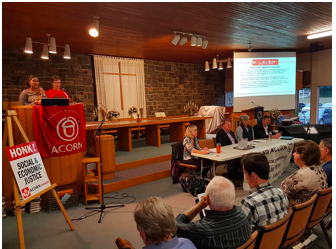
Ottawa ACORN started the Agenda for Change campaign in 2016 to ensure the same old crowd doesn’t continue to hold power at City Hall in the 2018 municipal election. 60 members came out to our Agenda for Change candidates forum on September 20th to demand a council that prioritizes the needs of its low-income constituents!
Calling for landlord licensing to tackle substandard Hamilton housing

In Canada, Hamilton ACORN leaders gathered on the steps of City Hall to release a report on the substandard living conditions experienced by low to moderate income ACORN members. Members shared the report at the last Rental Housing Sub-Committee and were pleased that the committee voted to pass a Landlord Licensing Pilot for low-density rentals in two wards. We’re a step closer to city-wide landlord licensing!
Fighting for an affordable Mississauga
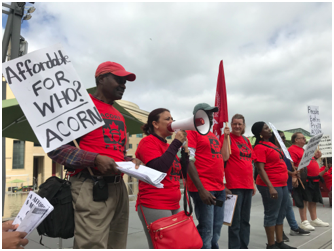
ACORN Canada members held an affordable housing petition drive to highlight rising rents across the city. Members are demanding that affordable housing is an election issue, and call for the City to take a number of steps to make housing more affordable, including using inclusionary zoning powers to ensure that 25 per cent of units in all new developments are affordable.
-

Street Vendors Get Licenses and Id Cards in Delhi
The city corporation the BBMP issued license and Id cards to the street vendors last week. The MLA issued the card and license at the meeting of street vendors.
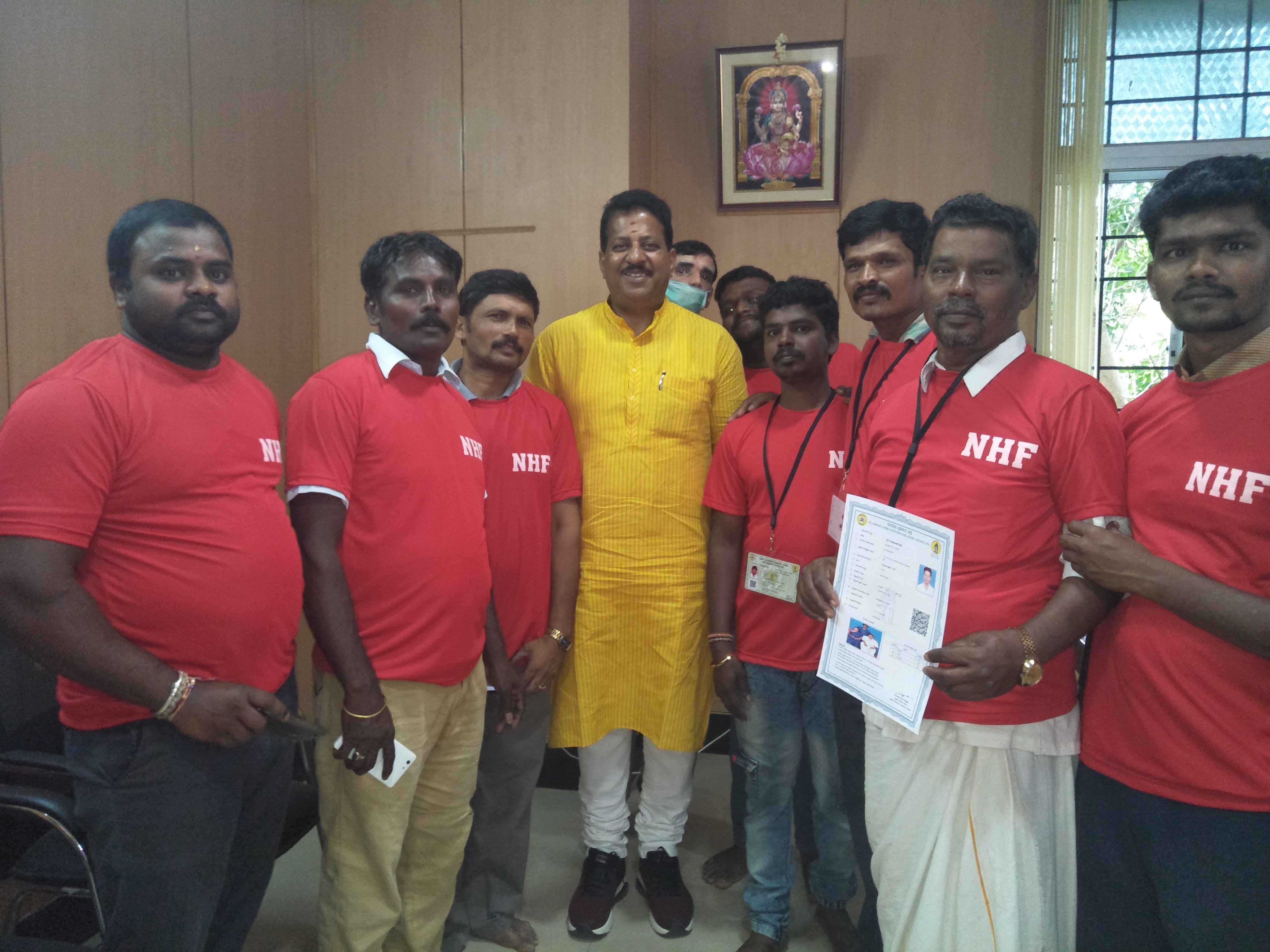
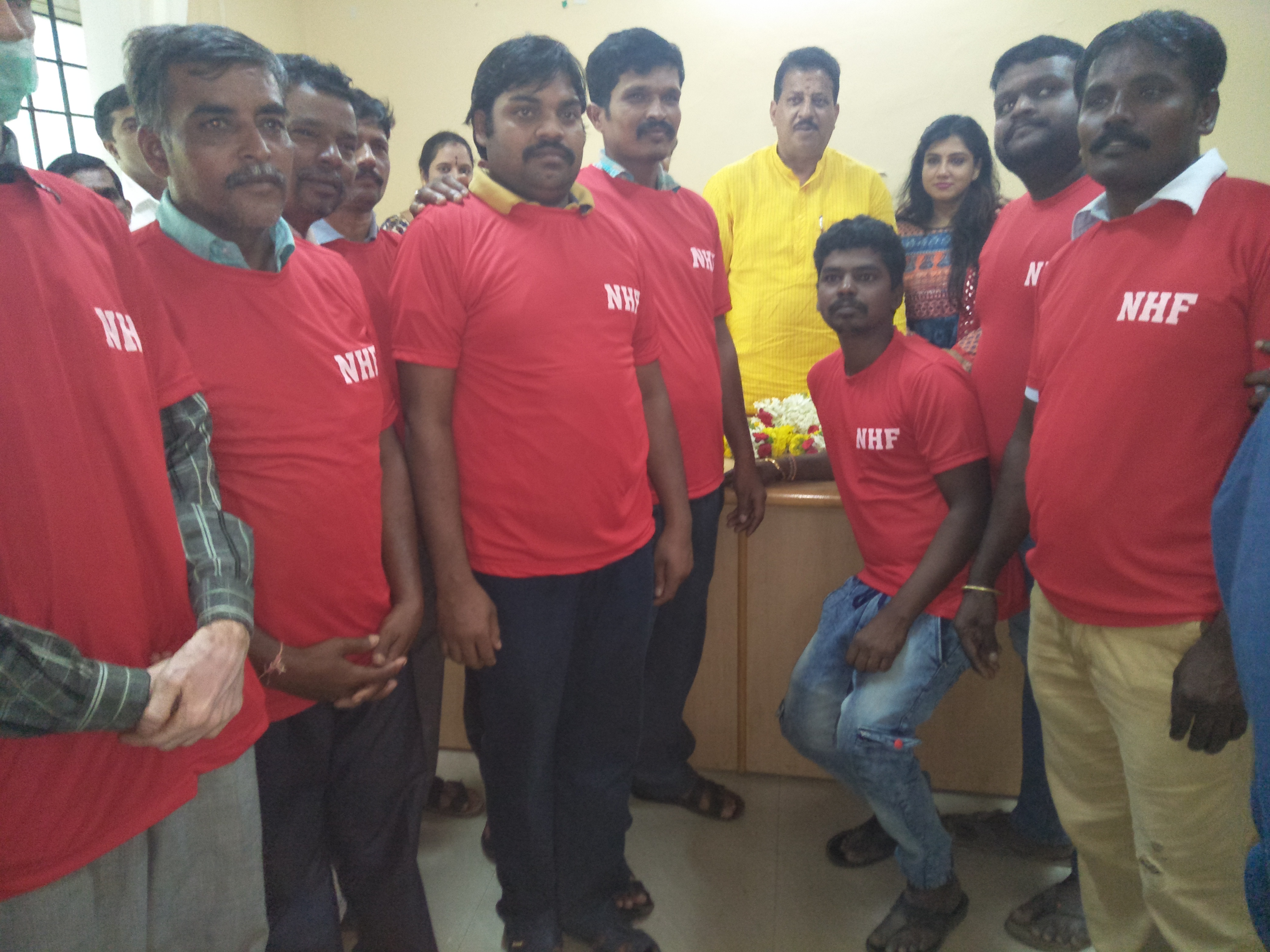
-
The E-Commerce Transgressions and the Cry for a Level Playing Field by Physical Retailers
Copy of article from MyMobile
Shelley Vishwajeet | September 12, 2018
Much like most parts of the world, the e-commerce phenomenon has overwhelmed the Indian retail landscape too. But is the rapid rise of their popularity and market share purely an outcome of the technological march, fair play and the emergence of a democratic marketplace benefitting all stakeholders alike as was stipulated or is it due largely to factors, which ethically and legally, are in grey zone but helped e-commerce gain an undue advantage over the physical retail!
Amid serious allegations of unfair trade practices leading to unprecedented disruptions, we take a look at the e-commerce phenomenon as it stands today in India and what the government needs to do to create a level playing amongst various stakeholders.
The case for e-commerce was built around promising premises! Consumers would get a never before choice and convenience; retailers would get a cheap, equitable market platform with unprecedented reach; the government would get enhanced tax as tax evasion would minimize with every transaction being on the record. To top, it was supposed to open a whole new world of possibilities. Thus a sculptor infusing life into stones by a sea-side village in coastal Odisha could reach directly to an aficionado of traditional craft in Bengaluru; the organic produce form Sikkim would reach homes in Gurugram; a small mobile handset dealer in Noida could clear his excess inventory at marginal discount without too much worry as to from where he will get customers or his inventory becoming obsolete while a customer in Varanasi could lay hands on the biggest spread of shoe brands which he could not get in his city or for that matter Mrs Anamika Srivastava who prefers to use authentic spices from Malabar coast could order the same without much ado! And all this at the click of a mouse with no parking or bargain hassles while shopping at one’s one time and leisure!
E-commerce marketplace was supposed to herald a new era of democratic marketplace where all stakeholders – be it consumers, retailers, the government – would be winners. It was supposed to be a win-win proposition for all. Thus the great democratic disruptor was to be welcomed despite some anticipated discomforts to the old order. The reality, however, has turned out to be quite different!
And, not only in India, e-commerce platforms were supposed to be the gateway to the world for the Indian retailers and entrepreneurs. It was supposed to democratize the marketplace while expanding its universe. The whole world was to become their playground! It was to be the down of a new era!
“To circumvent FDI rules, Flipkart and Amazon have created multiple companies, and the government must stop such activities. What is not allowed directly cannot be done indirectly” – Vikram Mittal, Secretary, Telecom Watchdog.
Yet, the policymakers also knew that despite all the promise and new possibilities, the new order would cause disruption from which larger stakeholders needed to be given a fair shield – whether they be India’s humungous conventional brick and mortar retailers – the backbone of the economy or be they be the common consumers. Thus, a policy note called Press Note 3 of 2016 (PN3/2016) was decreed which was supposed to be the lighthouse for e-commerce operations in India. PN3/2016 permitted no inventory based trading for e-commerce platforms; it also (the amended press note) stated that no one retailers would be allowed to sell more than 25% of the total value of one product on one e-marketplace. The stipulations were supposed to offer adequate protection to conventional Indian retail landscape while offering a democratic and equitable access to all sellers and consumers.
But soon the reality turned out to be different. As E-commerce start gaining foothold rapidly, especially after the direct entry of Amazon in 2012 aided by rising income, increased internet penetration and smartphones, the contour of this space also started changing. So as billions began to be poured into larger e-commerce platforms, it became a high stake game with furious competition between players for creating consumer base and retailers listing. The race to the top made had its fallout. The e-commerce platforms, particularly the big daddies like Amazon, Flipkart and Snapdeal went into ‘innovation mode’ to circumvent the regulations. They started acquiring the character of e-tailers rather than being simply an e-commerce marketplace, although taking care to unleash the new game via select ‘third parties’ who they either fostered or patronized. A game of market distortion fuelled by questionable marketing practices and humungous discounts began which soon became a cause of concern for physical retailers and the government alike. In this scenario, consumers and e-commerce platforms had a field day but the physical retailers, small retailers registered with these e-commerce platforms and the government were big losers. Particularly in high value, high selling items such as mobile, electronics goods, clothing, etc e-commerce share zoomed up.
Back in 2012, when Amazon had just begun testing the Indian retail waters via Junglee.com, an ‘online retail sites discovery platform’ it had acquired in 1999-2000, Flipkart was struggling to clock an annual sale of Rs 500 crores (approx 70 million USD) while the total value of online merchandise was estimated to be less than USD half billion. Around that time, no research body or soothsayer was predicting the kind of online implosion or the market disruption that was about to begin. But by 2016, the total value of online merchandise had crossed USD 15 billion. Zoom in to 2017 and the value had more than doubled! According to a report by Morgan Stanley, online retail in India could grow to over USD 200 billion by 2026, which will be something like 12% of India’s overall retail market!
“Inventory model leads to the creation of monopolies as big global players offer to buy products from sellers at an attractive price initially, but squeeze their margins later when these small sellers are entirely reliant on them” – Dharmendra Kumar, Director, India FDI Watch
On the ground too, there was nothing really to suggest at the time that the Indian online market would evolve so dramatically as to send the entire retail space into a tailspin. India’s traditional retailers – the brick and mortar masters – ones who had dominated India’s retail landscape since time immemorial had little inkling of the disruption that was in the making. Little surprising, they saw no need to prepare for a battle nobody could see nor anticipate!
And as one would expect, the impact of online marketplace has been far bigger in metros and tier-I cities where incomes are high coupled with higher smartphone ownership and digital penetration and time is at a premium. These factors according to a KPMG report had given a massive fillip to online commerce. The biggest impact was seen in high value and high selling items such as mobile phones and electronics goods. Studies by Counterpoint Research and e-Marketer estimated that online sales constituted more than 40% of total smartphones sales in India in 2017 and its share was going to become bigger, spurred by never before super discounts and frequent sale weekends.
The murmur of discomfort amongst conventional retailers had begun with the rise in popularity of e-commerce but it was the massive cornering of lucrative categories such as electronics and mobiles by big online platforms that really put conventional retailers in the anxiety zone. The contention of conventional retailers was that the fast shrinkage of their market share was not primarily an outcome of the digital march but largely a fallout of the unfair trade practices being employed by e-commerce entities which in all practicality had become e-tailers via pseudo entities.
Vikram Mittal, Secretary, Telecom Watchdog is certain that there is no ambiguity in the PN-3/2016. “To circumvent FDI rules, Flipkart and Amazon have created multiple companies, and the government must stop such activities. What is not allowed directly cannot be done indirectly,” says Mr Mittal.
He further says that marketplaces have to be a neutral place and e-commerce entities cannot indulge in influencing price including discounts with or without the association of brand product owners. “All their actions and contrary the rules and as such they are illegal.”
Dharmendra Kumar, Director, India FDI Watch too echoes the same concerns. “India does not allow FDI in B2C e-commerce, nor does it permit inventory based e-commerce model for the marketplace. But big players have been practicing inventory based model by patronized third parties.” He also points out that the ‘inventory model’, leads to the creation of monopolies as big global players offer to buy products from sellers (largely MSME players) at an attractive price initially, but squeeze their margins later when these small sellers are entirely reliant on them.
Some serious allegations leveled against e-commerce platforms included (i) Circumvention of Press Note 3/2016 which relates to FDI rules in e-commerce space (ii) Indulgence in inventory based trading via third parties which is not permitted under Indian laws (iii) Cartelization and operations through pseudo distributors/sellers entities to corner market share (iv) Market distortion via heavy discounts (v) Tax evasion stratagems.
Worried market watchers point out that these practices have not only marginalized small retailers, brought undesirable disruptions in Indian retail landscape, but would also lead to loss of mass employment. For brand owners too, experts point out that by indulging in short-terms gains by joining hands with large-ecommerce entities, brands over time would lose their power and hold and would just become a pawn in the hand of e-commerce companies.
To repudiate these charges and to be part of this critical story, we reached out to Amazon, Flipkart and Snapdeal. Unfortunately, only Amazon responded by stating that they do not wish to offer any comment while Flipkart and Snapdeal did not respond to our mails!
The Modus Operandi:
Notwithstanding the amazing success and growing footprint, the E-commerce marketplace has become an enigma for the retailers and policymakers alike. Dr Rashmi Das in her book, “E-com in India: Violations & Tax Avoidance” points out that since inventory-based trading is not permitted, to circumvent this rule, large e-commerce platforms created multiple entities or associated with “Name Lending” companies through which they started routing hot-selling stocks.
Mr Vikram Mittal explains that via the ‘Name Lending’ companies, the e-commerce platforms buy the branded goods in bulk (at discounts) from manufacturers rendering small sellers uncompetitive by a wide margin, thus influencing the prices in violation of FDI norms. As a consequence of this FDI norms violation, smaller sellers are unable to participate in the fast-growing e-commerce sector. Because of subsidized prices on e-commerce platforms, the retailers are unable to sell in the brick and mortar world too.
The cumulative impact of this is that the marketplaces have usurped the space meant for small retailers by turning into proxy sellers. “It is ironical that the marketplaces, meant to help smaller sellers grow online have crowded them out of not only e-commerce but also out of the brick-n-mortar world,” says Mr Mittal.
The Structural Puzzle:
Experts explain that creation or adoption of a web of companies large e-commerce companies by-pass FDI rules and for tax dodging purposes has been the most common and contentious practice. Mr Mittal unravels the structural labyrinth created by these companies. “When a consumer tries to buy something from Amazon, he is routed to www.Amazon.in, which is owned & operated by a company called Amazon Seller Services Pvt Ltd (“Amazon Seller”), which is a marketplace. This is an entity of concern say market experts. The other entity of concern is Cloudtail India Pvt Ltd (‘Cloudtail’). It is registered as one of the sellers on the website of Amazon Seller (the 3rd entity). Cloudtail is the largest seller on Amazon Seller. In FY 2015-16, it ended with a revenue of Rs 4,591 crore, while Amazon Seller posted a revenue of Rs 2,275 crore. In FY 2016-17, Cloudtail has posted revenue of Rs 5,706 crore while Amazon Seller has posted revenues of Rs 3,257 crore. Cloudtail has reported a loss of Rs 26.67 crore, and Amazon Seller’s loss is Rs 4,831 cr. With such a high revenue, they pay no tax. And while FDI is not allowed in an entity operating on inventory based e-commerce model but Cloudtail is essentially doing this. It is registered as one of the sellers on Amazon Services.”
Besides the above, Amazon arranges discounts to its customers by utilizing the following process. “Amazon Wholesale India Pvt Ltd (AWIPL) will buy branded goods in bulk from a manufacturer of mobile phones, electronics, white goods, branded fashion etc. AWIPL will sell the goods to Amazon controlled sellers like Rocket Commerce, Green Mobiles at a discount and will book the resultant loss in its books. Amazon Seller Services will pay for marketing (print & TV advertisements), exchange offers, Zero cost EMIs and some part of bank offers and will book these expenses in its books. Amazon Seller Services will undertake all logistics related tasks (including packaging, shipment to buyers, returns, liquidation of damaged goods, compensation to sellers, cost of payment gateways etc.). All these expenses are booked in its books – against an average cost of Rs 250 per packet, only about Rs 125 is recovered by Amazon Seller Services, thus influencing the price charged to the consumers via this subsidy.”
A similar route has been undertaken by Flipkart to gain market share points out Mr Mittal. “The flipkart.com was owned by Flipkart Online Services Pvt Ltd (FOS). In June 2009, founders set up WS Retail Service Pvt Ltd as the company’s consumer-facing entity and FOS was turned into a wholesale cash-and-carry business. In 2011, FOS sold its entire business (brand, technology, employees and business contract) to Flipkart India Pvt Ltd. Since then, Flipkart has added several other entities. Flipkart Internet Pvt Ltd now owns the domain name Flipkart.com. Flipkart Internet does not sell products itself. Its revenue comprises listing fees and other platform services provided to third-party vendors, including WS Retail. It is now being taken over by US retail giant Walmart.”
To avoid payment of income taxes in India, the Bansals established their holding company in Singapore called as Flipkart Pvt Ltd (“FPL”) says Mr Mittal. The ownership of FPL largely rests with US-based hedge fund Tiger Global, Accel Partners, Naspers and the Bansals. Some of its entities registered in Singapore as 100 percent subsidiaries of FPL are: Flipkart Marketplace Pvt Ltd, Flipkart Logistics Pvt Ltd and Flipkart Payments Pvt Ltd. These companies, in turn, hold stakes in Indian entities through a complex maze of companies. This was deliberately done to circumvent the ban on FDI in online retail in India.
WS Retail is one of the most important pieces of the Flipkart puzzle says Mr Mittal. “With as little as Rs 90.50 lakh capital, WS Retail could achieve a turnover of Rs 13,921 crore in FY16 and got away by paying a meager sum of Rs 1.89 crore as income tax!”
WS Retail was owned by the Bansals until Sep 2012. They along with two of their relatives were on the board of WS Retail. In Nov 2012, Flipkart was forced to sell a large stake in WS Retail to Rajeev Kuchhal, former COO of OnMobile Global Ltd, when the Indian regulatory agencies launched an investigation into the company’s business relationship with WS Retail. Both the Bansals and their relatives gave up their board seats too.
After the PN-3/2016, Flipkart devised a new method under which it looked for some Name Lenders who would form companies and through them, the invoicing for goods would be routed. Out of several thousands of brands registered on their website, database analysis showed five brands that appeared frequently and also did not have much or no competition in their respective categories on Flipkart’s online marketplace. To avoid any direct linkages, Flipkart used completely different brand names, which have no correlation with the names of their respective companies. For example, Superconnect is the brand name that appears on the Flipkart screen, but its company name is Shreyash Retail Pvt Ltd.
Needed A Level and Fair E-Market Place:
Given such practices, it is no surprise that e-commerce marketplaces were able to gain undue advantages over the conventional Indian retailers with ease and in double quick time. It is also disheartening to note that a new era of democratic marketplace which e-commerce platforms were supposed to usher never really happened. This certainly is a cause of concern and does not augur well for the long-term interest of Indian economy. One really wished that the government and regulators had been more proactive to check the malpractices and circumvention of FDI rules and regulations.
“If the goal can be achieved through existing laws, then maybe we should focus on that. For example, strengthening the ED to enforce the FDI policy and bringing in clarity on the FDI policy’s implementation would solve a lot of the issues” – Arjun Sinha, Legal Experts & Partner, Cantor Associates
Thankfully, the rising concerns ultimately forced the government to set up a committee at DIPT under Ministry of Commerce, GoI to come out with a concrete set of laws and regulation for regulating e-commerce marketplace. The government recently gave the first insights into its thinking and has invited suggestions. Arjun Sinha, legal experts, and Partner, Cantor Associates says that the government should first take a cue from the several laws and regulations which are already in place while it needs to focus on enforcement. “Strengthening the ED to enforce the FDI policy and bringing in clarity on the FDI policy’s implementation would solve a lot of the issues. One also has to note that there are also several types of e-commerce businesses that already have a fair amount of regulation (even for e-commerce companies) – such as insurance, transport or food delivery. Here not only how the business is conducted, but licenses and permits required, pricing and liability related issues are also addressed by the sectoral regulations,” says Mr Sinha. He also notes that as a nation we need to identify the goals we want to achieve before bringing in new regulations. “If the goal can be achieved through existing laws, then maybe we should focus on that.”
“Allowing limited inventory to e-commerce platform is not at all acceptable since they are only technology facilitators and nothing to do with inventory. If they are allowed to keep inventory, it will distort the basic fundamental of the policy” – Praveen Khandelwal, Secretary General, CAIT
Praveen Khandelwal, Secretary General, Confederation of All India Traders (CAIT) is quite categorical that new policy on e-commerce must not allow inventory based model directly or indirectly, partial or via third party, at any cost.
“Allowing limited inventory to e-commerce platform is not at all acceptable since they are only technology facilitators and nothing to do with inventory. If they are allowed to keep inventory, it will distort the basic fundamental of the policy. The term ‘bulk purchases’ currently is ambiguous and as such needs to be defined and clarified. The e-commerce companies should not be allowed to offer any discount since they are not the owners of inventory. Each e-commerce company should be duly registered with authorities,” says Mr Khandelwal.
Amid this, the silver lining is that the government is looking at all issues with an open mind. “The government has an open mind regarding e-commerce policy and based on suggestions and inputs received from the stakeholders, the second draft of the e-commerce policy would be placed in public domain likely in next fortnight,” Mr Sudhanshu Pandey, Joint Secretary, Ministry of Commerce and Industry had recently stated while addressing a national convention of physical retailers.
“There should be a fair competition between offline and online trades. These trades must be given equal status” – Sudhanshu Pandey, Joint Secretary, Ministry of Commerce and Industry, GoI
Mr Pandey had also raised some points to ponder. “Most e-commerce sites in India mainly sell imported goods due to which local industries and products are impacted. What if some foreign investor said he or she is ready to pump in money into a marketplace that specializes in goods that are produced locally?” In effect, what Mr Pandey was implying that Indian needed to have laws that permit all kinds of healthy possibilities, rather than completely shutting the door for future explorations. But the most comforting note by him was that he agreed on the need to create a level playing field between online and physical retailers. “There should be a fair competition between offline and online trades. These trades must be given equal status.”
We too hope that the new e-commerce regime would be a more transparent, equitable and a real democratic space for all stakeholders!
With Inputs from Ramesh Kumar Raja & Nijhum Rudra
-
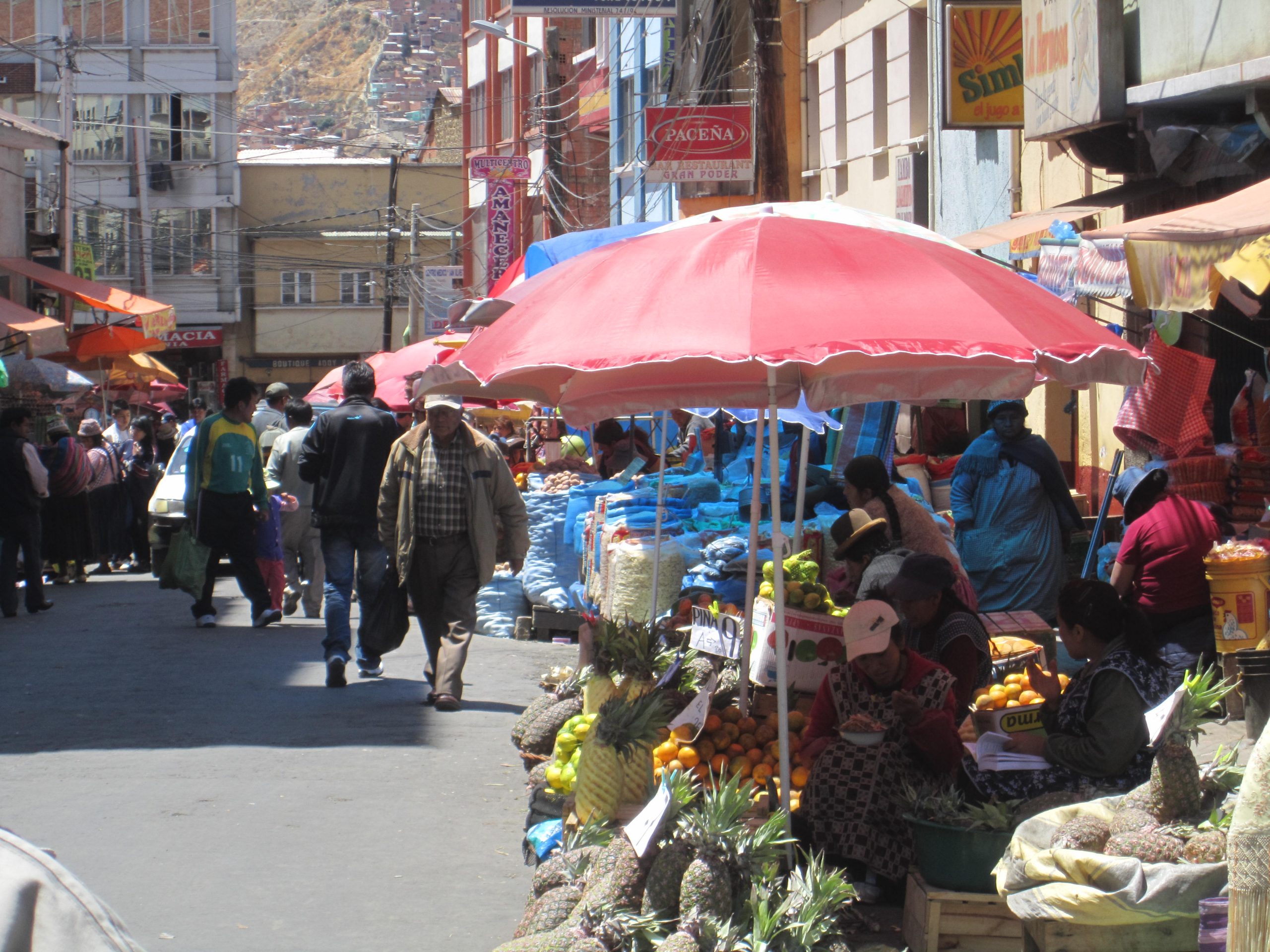
ACORN International Newsletter September 2018
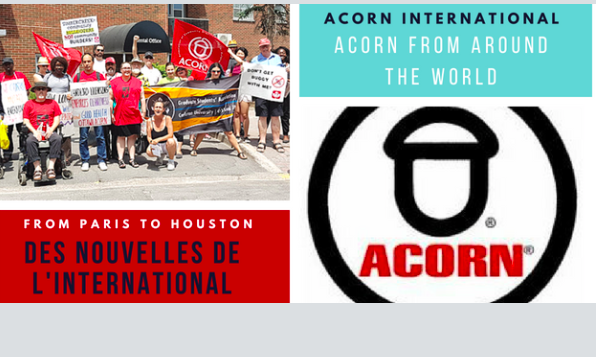
OTTAWA, DOUALA, BRISTOL, LA CEIBA…
Partout dans le monde, on s’organise. Les camerounais ont gagné l’accès à l’eau à Douala, des mobilisations massives ont permis d’empêcher des expulsions au Canada ou en Angleterre et la lutte menée par les habitants de Glasgow a stoppé l’expulsion de 300 demandeurs d’asile. A Sheffield, les membres d’Acorn ont gagné contre la multinationale Véolia tandis que les locataires combattent les propriétaires voyous à Aubervilliers (Paris, France) ou à Hamilton (Canada)… Ces derniers mois des membres d’Acorn se sont encore battus pour changer le monde et faire reculer les injustices. ACORN est une fédération internationale d’organisations dont le but est d’organiser les participations citoyennes.
Everywhere in the world, people are organizing. Cameroonians gained access to water in Douala, massive mobilizations prevented evictions in Canada or England, and the struggle led by Glasgow residents stopped the eviction of 300 asylum seekers. In Sheffield, Acorn members won against the multinational Véolia while tenants fight rogue landlords in Aubervilliers (Paris, France) or Hamilton (Canada)… In recent months Acorn members have once again fought to change the world and reverse injustice. ACORN is an international federation of community based organizations working to organize the unorganized.
ACORN UK
Le plein de victoires !
A lot of victories!
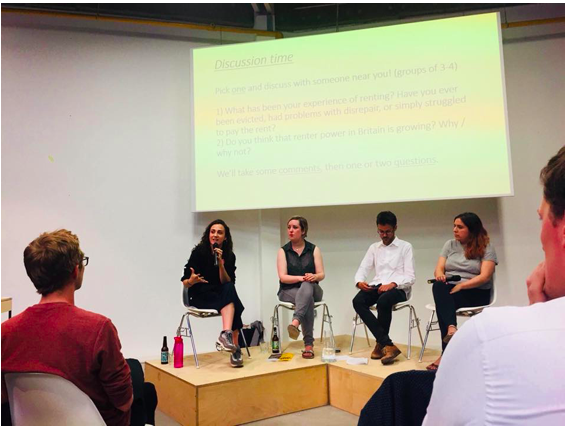
Sheffield a mené avec succès une action contre la multinationale Veolia dans le cadre d’une campagne d’organisation de quartier et a lancé un nouveau groupe local. Le groupe de logement public de Newcastle a forcé le Conseil à installer des mesures de sécurité incendie dans leur tour. Brighton a gagné une campagne contre une grande société d’agents de location, en gagnant des compensations et en recrutant des membres dans une ville voisine pour commencer à construire une nouvelle succursale. Manchester a mené à bien un certain nombre d’actions de défense des membres, en obtenant des réparations et la sécurité incendie. Birmingham a forcé le nettoyage des eaux usées des maisons des membres et Bristol a organisé une campagne d’organisation de quartier, en lançant un nouveau groupe local et des campagnes pour s’attaquer aux propriétaires de bidonvilles et soutenir les survivants de la violence domestique.
Sheffield have conducted a successful action against multinational company Veolia as part of a neighbourhood organising drive and launched a new local group. Newcastle’s public housing group forced the Council to install fire safety measures in their tower block. Brighton have won a campaign against a large letting agent company, winning compensation and recruiting members in a nearby town to begin building a new branch. Manchester has completed a number of successful member defence actions, winning back deposits, repairs and fire safety. Birmingham have forced clean up of sewage from members houses and Bristol has run a neighbourhood organising drive; launching a new local group and campaigns to tackle slum landlords and support of survivors of domestic violence.
DOUALA (OnEstEnsemble)
Les habitants gagnent leur combat pour l’accès à l’eau
The inhabitants win their fight for access to water
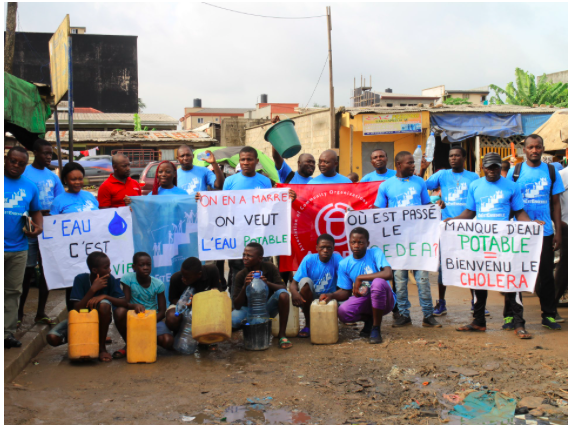
Après avoir vécu quatre années dans des conditions de vies difficiles, les habitants de Bepanda Bonewonda ont repris espoir au vue des travaux de réhabilitation en cours du réseau de distribution d’eau. Aujourd’hui, plus d’une dizaine de ménages sont à nouveau branchés au réseau et les travaux se poursuivent avec la construction d’un conduit d’eau de 1,2 kilomètre en cours d’exécution pour réhabiliter les autres ménages qui avaient connu la destruction de leur réseau par les travaux de la route en chantier du génie militaire à Bonewonda.
OnEstEnsemble avait dénoncé la situation auprès de la direction régionale de l’entreprise en charge de la distribution (Camwater) et se félicite de ces mesures pour le bien-être des populations.
After four years in difficult living conditions, the inhabitants of Bepanda Bonewonda have regained hope in the light of the work in progress to rehabilitate the water distribution network. Today, more than a dozen households are again connected to the network and work is continuing with the construction of a 1.2 kilometre water conduit under construction to rehabilitate the other households that had experienced the destruction of their network by work on the road under construction by the military engineers at Bonewonda.
OnEstEnsemble had denounced the situation to the regional management of the company in charge of distribution (Camwater) and welcomes these measures for the well-being of the populations.
ACORN CANADA (Herongate)
Lutter contre les expulsions massives à Herongate
Fighting mass evictions in Herongate
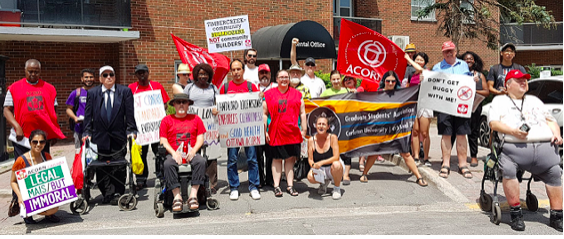
40 membres d’ACORN et ses alliés se sont rendus au bureau de Timbercreek pour exiger des réparations et la fin des expulsions massives. Les locataires de Timbercreek affirment que Timbercreek a délibérément laissé leurs unités se détériorer pour pouvoir chasser les pauvres et reconstruire des locations de luxe – ceci est une expulsion par négligence!
40 ACORN members and allies marched to the Timbercreek Office to demand repairs and an end to the mass evictions. Tenants of Timbercreek argue that Timbercreek has purposely let their units deteriorate so they can push out poor people and rebuild luxury rentals – this is eviction by neglect!
GRENOBLE (Alliance Citoyenne)
510 locataires passent à l’action face à la mauvaise gestion locative de leur bailleur
510 tenants take action against their landlord’s poor rental management
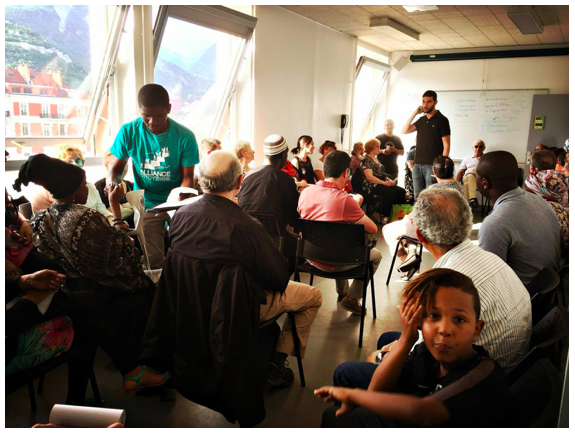
Fuites, infiltrations d’eau, froid, pour Nadia, les problèmes se multiplient, contrairement aux réponses du bailleur social. Cette jeune maman reproche à son bailleur social, Grenoble Habitat de ne pas être respectueux envers ses locataires. Accompagnée d’autres locataires, mécontents de leurs conditions de logement, ils se sont rendus devant Grenoble Habitat pour apporter leurs réclamations.
Leaks, water infiltrations, cold, for Nadia, the problems multiply, contrary to the answers of the social landlord. This young mother reproaches her social landlord, Grenoble Habitat, for not being respectful towards her tenants. Accompanied by other tenants, dissatisfied with their housing conditions, they went to Grenoble Habitat to bring their claims.
ACORN CANADA (TORONTO)
RÉEL logement abordable dans Toronto
REAL Affordable Housing in Toronto
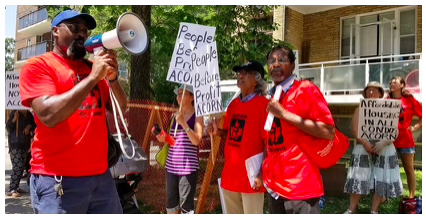
Ce mois-ci, les membres d’ACORN Toronto se sont mobilisés pour obtenir des logements réellement abordables. Les membres ont publié deux rapports montrant le manque de logements abordables dans la ville et ont réclamé la redéfinition de «logement abordable». À la suite de pressions récentes, le maire a reconnu que l’abordabilité devait être redéfinie et s’est engagé à revoir la définition.
This month, Toronto ACORN members rallied for real affordable housing. Members released two reports showing the lack of affordable housing in the City and calling for “affordable housing” to be redefined. As a result of recent pressure, the mayor acknowledged that affordability may need to be redefined and committed to reviewing the definition.
LIVING RENT SCOTLAND
360 locataires organisés contre l’insalubrité
360 tenants organized against insalubrity

A Edimbourg, 360 locataires de logements de collectivités locales se sont organisés pour lutter contre l’humidité chronique, la moisissure, l’amiante et la dégradation générale de leurs immeubles. Les comités de locataires de Local Living Rent ont organisé divers événements et actions, et ont inviter les politiciens et fonctionnaires locaux à venir rencontrer les résidents dans les blocs, ce qui, espérons-le, mènera à la réalisation des travaux appropriés.
In Edinburgh, 360 tenants in Local authority housing have been organising against chronic damp, mould, asbestos and general disrepair in their blocks. Local Living Rent tenant committee’s have been organising various events and actions including the invitation to local politicians and civil servants to come down and meet residents in the blocks, which will then hopefully lead to the appropriate work being carried out.
AUBERVILLIERS (Alliance Citoyenne)
Les habitants d’Aubervilliers agissent contre les marchands de sommeil.
The inhabitants of Aubervilliers act against slum lords.
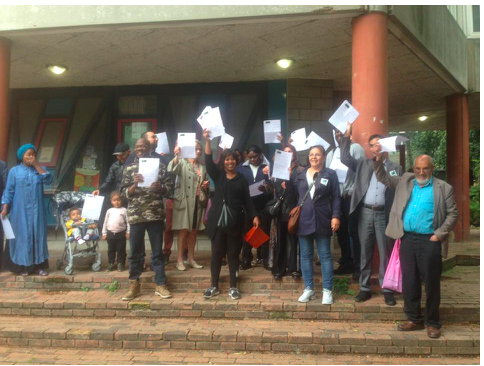
Les habitants d’un immeuble dégradé se mobilisent face à la mairie
The inhabitants of a degraded building mobilized in front of the town hall
Deux incendies ont frappé des immeubles d’Aubervilliers au cours des deux derniers mois, faisant plusieurs victimes. Un drame qui met en lumière le scandale du logement indigne sur Aubervilliers et celui des marchands de sommeil.
Depuis des mois, des locataires, membres de l’Alliance Citoyenne et victimes de marchands de sommeil ou de propriétaires voyous luttent pour des conditions de vie dignes. C’est aussi suite à l’incendie de leurs parties communes que les locataires de l’Avenue Jean Jaurès se sont organisés pour obtenir des travaux salutaires, toujours refusés par la propriétaire.
Two fires have hit buildings in Aubervilliers in the past two months, killing several people. A drama that highlights the scandal of unhealthy housing in Aubervilliers and that of sleep vendors.
For months, tenants, members of the Citizens’ Alliance and victims of sleep vendors or rogue landlords fought for dignified living conditions. It is also following the fire of their common parts that the tenants of the avenue Jean Jaurès organized themselves to obtain salutary works, always refused by the owner
ACORN CANADA (Montreal)
ACORN Montréal rejoint la campagne nationale pour l’égalité numérique
ACORN Montreal joins national campaign for digital equality
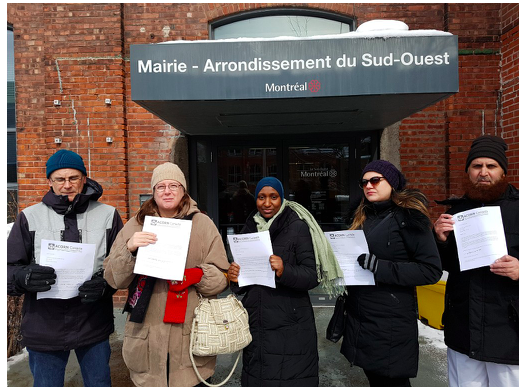
Le comité du Sud-Ouest de ACORN Montréal a été officiellement inauguré en avril dernier, la culmination de six mois de campagne visant à mettre la pression sur l’Office municipal d’habitation de Montréal (OMHM) pour une amélioration des conditions de logement. Les membres du Sud-Ouest ont également doublé leurs efforts dans notre campagne visant à adresser la fracture numérique dont sont victimes des familles à faible et moyen revenus à travers le pays. Le projet cherche ainsi à dresser le portrait des obstacles empêchant un si grand nombre de personnes à obtenir une connexion internet à leur domicile.
Montreal ACORN’s Sud-Ouest Chapter was officially launched in April of this year; the culmination of a series of actions seeking to pressure the city’s public housing authority (OMHM) for improved housing conditions. Sud-Ouest members have also doubled down on ACORN’s long-standing campaign to address the digital divide. With access to the internet more indispensable than ever, the project aims to provide an overview of the obstacles to home internet access faced by low and moderate income families across Canada.
ACORN CANADA (Hamilton)
Lutte contre les propriétaires de taudis dans Hamilton
Fighting Slumlords in Hamilton

35 membres d’ACORN et alliés de Hamilton se sont rassemblés pour protester contre l’intensification du harcèlement et de l’intimidation dans une maison de chambres du centre-ville. ACORN Hamilton continuera à se battre afin de s’assurer que tous les logements locatifs sont sécuritaires et salubres.
35 ACORN members and allies from across Hamilton rallied to protest escalating harassment and intimidation at a downtown rooming house. Hamilton ACORN will continue fighting for a RentSafe Landlord Registration Program to ensure all rental housing is safe and healthy.
UNITED LABOR UNION – TEXAS
Du porte-à-porte à la victoire
From door to door to victory
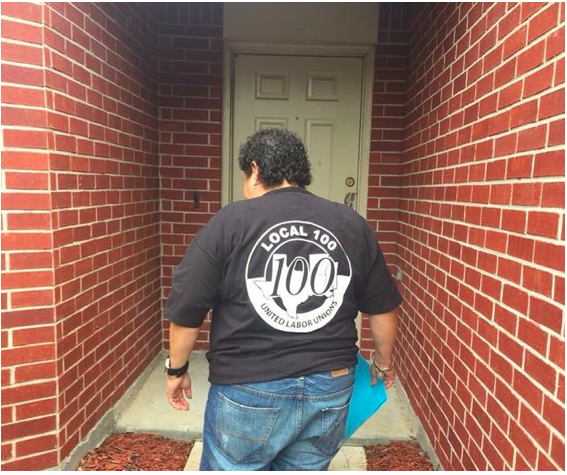
Voici Sarah Rodriguez, l’un de nos membres de la section locale 100 de Houston, Texas. Nous sommes en train de frapper à la porte de nos membres au sein du HISD (Houston Independent School District). Afin de rester en contact avec nos membres, nous utilisons de nombreuses tactiques comme vous le voyez ici. Notre organisation aide principalement le personnel des services de restauration, des services de garde, les secrétaires, commis, etc. Nous luttons pour l’augmentation du salaire minimum, l’élimination des licenciements injustifiés et l’égalité de traitement. Actuellement, nous sommes déterminés à augmenter les salaires jusqu’à 14 dollars par heure.
This is Sarah Rodriguez one of our members here in (Local 100) hundred Houston Texas. We are out on our exercise door knocking of our members within HISD (Houston Independent school District). In order to stay connected with our members we use many tactics as you see here to give a personal touch. We mainly focus on supporting staff. These are your food service attendance, custodial services, secretaries, clerks and etc. We like to keep our members informed about the working conditions of HISD. We fight for increasing minimum-wage, eliminating wrongful termination, and fair in equal treatment. We are our member’s advocates. Currently we are determine to increase wages to $14HR.
LIVING RENT – SCOTLAND (Glasgow)
Face à l’expulsion illégale de 300 demandeurs d’asile, les membres de living rent s’organisent
Members of Living rent organized against the illegal expulsion of 300 asylum seekers.
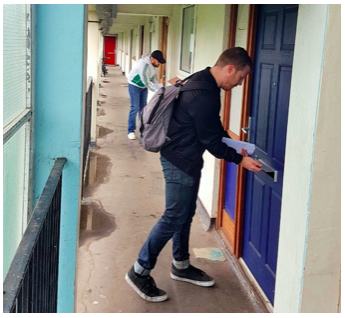
A Glasgow, les membres de “Living Rent” se sont organisés contre l’expulsion illégale de plus de 300 demandeurs d’asile. Serco, la compagnie multinationale qui gère les logements des demandeurs d’asile, a pris la décision de changer illégalement les serrures sur plus de 300 propriétés qu’ils louent à des propriétaires sociaux et privés de la ville. Des groupes de réfugiés et de demandeurs d’asile sont venus à Living Rent pour demander de l’aide pour s’opposer aux changements de serrures. En moins d’une semaine, les efforts combinés des agences de soutien en matière d’asile, de Living Rent, des avocats et des politiciens ont forcé Serco à reporter toute tentative de changer les serrures dans ces propriétés. Les membres sont maintenant en train de mettre en place des groupes anti-éviction de quartier à travers la ville en se concentrant sur les 10 zones les plus défavorisées.
In Glasgow Living Rent members have been organizing against the illegal eviction of over 300 Asylum Seekers. Serco the multinational company who has the contract for housing Asylum Seekers took the decision to try and illegally change the locks on over 300 properties they rent from both Social and Private Landlords in the city. Asylum and Refugee groups came to Living Rent requesting help in opposing the lock changes. In under a week the combined effort of Asylum support agencies, Living Rent, Human rights lawyers and politicians had forced Serco to postpone any and all attempts to change the locks in these properties. Members are now in the process of setting up neighborhood anti-eviction groups across the city focusing on the 10 area’s on highest deprivation and migration.
ACORN Honduras
Rencontre avec une commuanuté Garfunda Carasol
Meeting with a Garfunda Carasol community
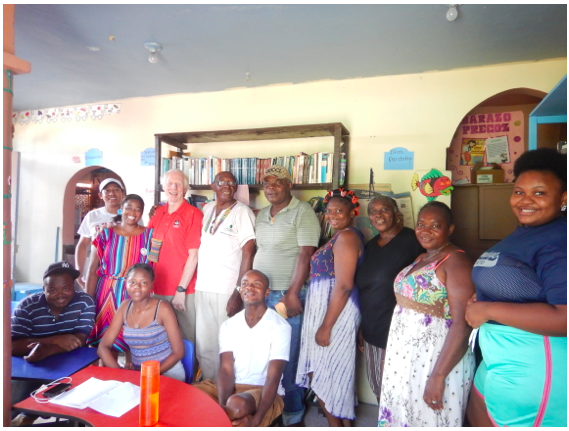
Les organisateurs bénévoles ont organisé plusieurs groupes à La Cieba, la troisième plus grande ville du Honduras sur la côte Atlantique et du golfe du Mexique. Récemment, nous avons rencontré des dirigeants d’une communauté Garfunda Carasol à l’extérieur de La Ceiba pour parler des problèmes dans leur région.
Volunteer organizers have been organizing several groups in La Cieba, the 3rd largest city in Honduras on the Atlantic/Gulf Coast. Recently, we met with leaders in a Garfunda community Carasol outside of La Ceiba around issues in their areas.
Greece, New-Zeland, New Orleans, Belgium… Other ACORN News
Grèce, Nouvelle-Zélande, Nouvelle Orléans, Belgique… D’autres nouvelles d’ACORN
Des amis et alliés en Belgique et en Grèce organisent la projection du film THE ORGANIZER à Bruxelles et à Thessalonique en octobre. La communauté ACORN y organisera des ateliers. Des stagiaires de l’Albanie et de la Bulgarie vont venir à la Nouvelle-Orléans pour une formation au Community Organizing en octobre. Anny Crumble de Bristol ACORN s’est rendu en Irlande pour parler aux groupes de locataires. Adrien Roux a parlé aux syndicats du Kazakhstan des méthodes d’organisation.
THE ORGANIZER sera également projeté début octobre aux États-Unis à Seattle, Corvallis et Portland et à Denver.
Friends and allies in Belgium and Greece have managed to get THE ORGANIZER set for screening in Brussels and Thessaloniki in October coupled with ACORN community organizing workshops. Interns are coming to New Orleans for community organizing training in October from Albania and Bulgaria. Anny Crumble from Bristol ACORN visited Ireland to talk to tenants groups there. Adrien Roux talked to unions in Kazakhstan about organizing.
THE ORGANIZER is also screening in early October in the United States in Seattle, Corvallis and Portland (OR), and Denver.

Some of our friends in Thessaloniki who are encouraging ACORN to organize in Greece
Nos amis à Thessalonique encouragent ACORN à s’organiser en Grèce
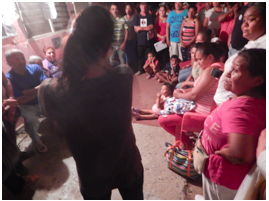
Recently ACORN Honduras leaders from San Pedro Sula met with 50 members of a community of largely banana workers who are fighting to win control of their land.
Récemment, les leaders d’ACORN Honduras de San Pedro Sula ont rencontré 50 membres d’une communauté de travailleurs du secteur de la banane qui luttent pour obtenir le contrôle de leurs terres.

ACORN friend, Mat Danaher with the largest private sector union there, E tu, hosted 40 folks, largely from labor, in a screen of THE ORGANIZER. Books flew out the door, and there is the outline of a plan for ACORN to organize tenants — potentially — in New Zealand
Un ami d’ACORN, Mat Danaher avec le plus grand syndicat du secteur privé, E tu, a accueilli 40 personnes, en grande partie des travailleurs, à la projection de THE ORGANIZER. Un premier pas vers l’organisation des locataires par ACORN en Nouvelle-Zélande.
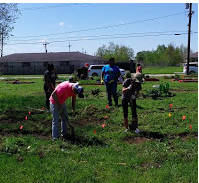
The ACORN Farm operation is based in the historic lower 9th ward of New Orleans, Louisiana, USA where A Community Voice (ACV) members manage the major ongoing requirements of the gardens and grounds.
L’exploitation agricole d’ACORN Farm est basée dans le 9ème arrondissement historique de la Nouvelle-Orléans, Louisiane, USA, où les membres de A Community Voice (ACV) s’occupent des jardins et des terres.

1978 Louisiana ACORN street Blocking to win a street light on a state highway in New Orleans.
1978 en Louisiane, les membres de ACORN bloque la rue pour obtenir un feu tricolore sur une route nationale.

Philadelphia ACORN member and first member to convert to a mortgage through the Vision – Home Savers Campaign pilot program.
Premier membre d’ACORN à Philadelphie à prendre part au programme pilote Vision – Campagne d’épargne-logement.
-
Opposing Walmart’s Takeover of Flipkart, Competition Commission Decision
The newly formed Joint Action committee Against Foreign Retail and E-commerce, which include almost all major traders, workers and farmers associations of India, condemned the green light given to Walmart’s takeover of Flipkart by Competition Commission of India. It held protests in a few places in Delhi including at Jantar Mantar, and a few other cities in India. A action program for sustained protests against the acquisition were also announced. Press release with quotation from leaders of major traders, workers and farmers organisations is enclosed.
A picture of protest at Jantar Mantar and video
-
Update from ACORN Honduras
Short Video of Work in Honduras
-
FDI Watch in National News
E-commerce: Cash-on-delivery deals not authorised, says RBI Economic Times
Cash-on-delivery deals by e-commerce firms not authorised, says RBI
‘Cash on Delivery’ पर RBI का सबसे बड़ा खुलासा, खतरे में ई-कॉमर्स कारोबार!
RBI के जवाब से मुश्किल में आ सकता है ई-कॉमर्स कारोबार, कैश ऑन डिलीवरी को बताया गैरकानूनी
E-commerce: Cash-on-delivery deals not authorised, says RBI My News Cart

